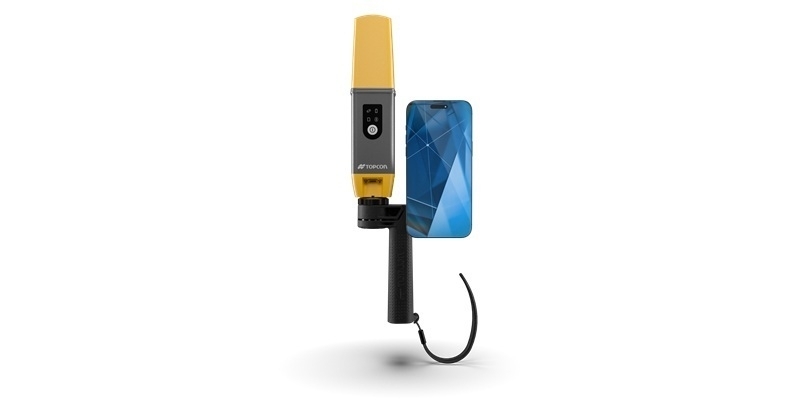Elon Musk today predicted Tesla will have autonomous robotaxis on the road next year.
However, research from Warwick Business School and Jaguar Land Rover warns the Artificial Intelligence required for autonomous cars to co-exist with human drivers, cyclists, and pedestrians, is pushing the frontiers of what is scientifically possible.
They argue that while there appears to have been “impressive progress” in cars sensing their surroundings, the challenge of interacting with other road users has scarcely been addressed.
This could be the “decisive limiting factor” in developing autonomous vehicles, they conclude in their paper, Negotiating the Traffic: Can Cognitive Science Help Make Autonomous Vehicles a Reality?
Nick Chater, professor of behavioural science at Warwick Business School, said: “Alan Turing famously challenged future generations to create a machine that would be indistinguishable from a person through the medium of written language.
“The future of fully autonomous vehicles depends on science meeting a similar challenge – creating computer systems that drive in a way that blends seamlessly and safely with human drivers.
"Negotiating the traffic’ is not merely a figure of speech. It involves an actual process of tacit negotiation with other road users in a safety critical environment. It is crucial that everyone reaches the same – or at least compatible – agreements to prevent a potential accident.
“Creating a machine that can replicate that process involves addressing fundamental questions at the frontiers of cognitive science. Human interactions are so effortless that we are unaware of the complex reasoning involved.
“The rate of progress on this challenge may prove a decisive limiting factor in the development of autonomous vehicles.”
Subscribe to our newsletter
Stay updated on the latest technology, innovation product arrivals and exciting offers to your inbox.
Newsletter

